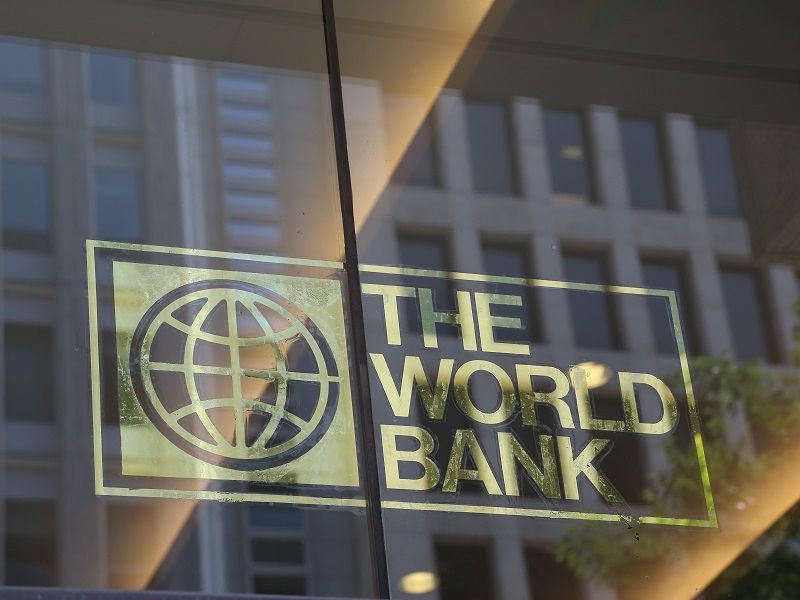World Bank to spend $16bn a year on climate projects
The World Bank will increase its annual spending on climate projects to 28% of its total budget in a “fundamental shift” in its policy

The World Bank will direct $16 billion every year towards tackling climate change in a “fundamental shift” in its policy, the group announced on Thursday.
The bank is the biggest lender of public finance to developing nations and said it would spend 28 per cent of its budget directly on climate projects.
In a statement, the bank also confirmed that all of its future investments would take account of climate change and global warming.
The World Bank and other development banks will play a central role in providing climate finance for developing nations as part of the Paris Agreement on climate action that was agreed by 195 UN member states at the COP21 UN climate summit in December.
Jim Yong Kim, president of the World Bank Group, said: “Following the Paris climate agreement, we must now take bold action to protect our planet for future generations… We are moving urgently to help countries make major transitions to increase sources of renewable energy, decrease high-carbon energy sources, develop green transport systems and build sustainable, liveable cities for growing urban populations.
Mr Kim added: “Developing countries want our help to implement their national climate plans, and we’ll do all we can to help them.”
The bank confirmed that at least US$16 billion a year from across the World Bank group will be directed to projects including renewable energy and energy efficiency.
The group is aiming to mobilise US$13 billion in extra funding from the private sector within by 2020 through joint funding programmes.
These efforts would amount to about $29 billion a year, representing nearly a third of the $100 billion a year in climate finance pledged by developed countries to assist developing nations implement climate change mitigation and adaptation projects.
As part of the bank’s new investment strategy, it will help to fund the development of enough renewable energy to power about 150 million homes in developing nations.
The investments will also support the development of smart agriculture systems, clean transport systems and emissions reduction projects.






